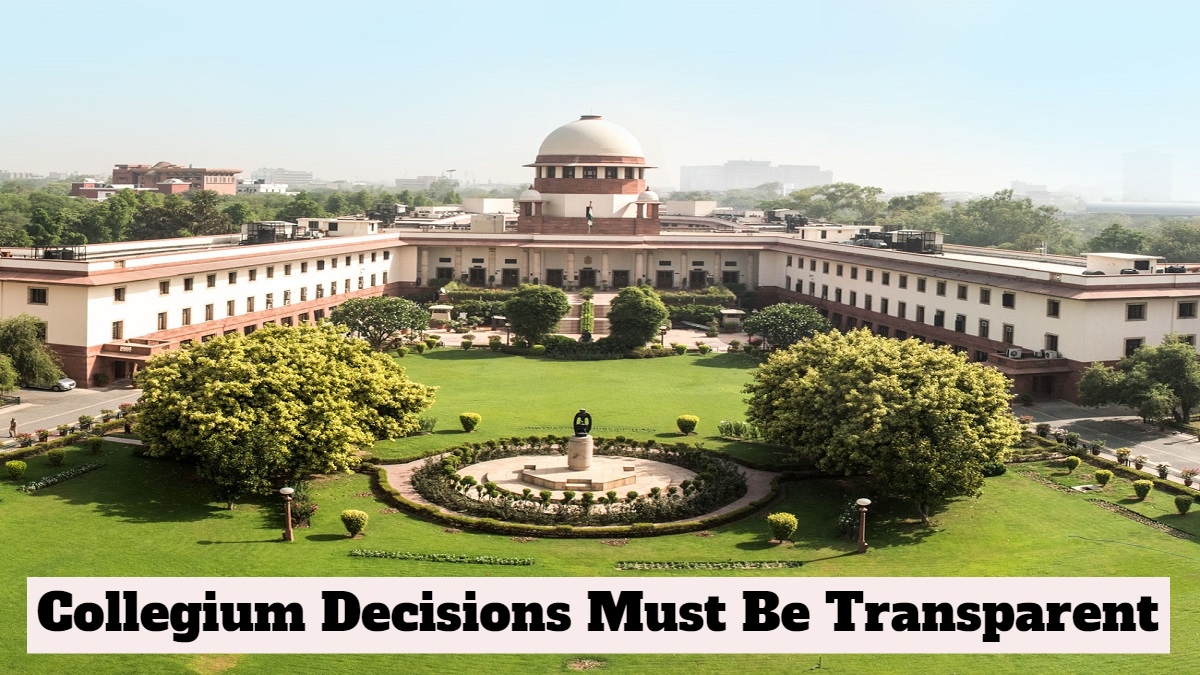

By Sunil Garodia
First publised on 2021-08-20 06:18:49
It is sad that they very institution that is at the centre of protecting the rights of the citizens and demands answers and transparency from the executive, coming down heavily on arbitrary decisions, displays scant respect for the same when it comes to providing reasons for recommending names of judges for elevation to the apex court. The list of nine judges recommended by the collegium leaves out several senior judges who have been superseded. Does the nation not have the right to know how the collegium decided the name and why it chose to go against convention to supersede the judges who were left out?
The opaque nature of the working of the collegium suggests that the Supreme Court does not want its actions to be questioned. Justice Rohinton Mistry (who retired recently) reportedly steadfastly insisted that two senior-most judges on the list of HC judges must be included in the recommendations and it had led to an impasse for 22 months. Hence, not a single judge was recommended or appointed to the apex court during the entire 17-month tenure of Justice S A Bobde. After Justice Mistry's retirement, the list recommended by the collegium does not include the name of Justice A Kureshi, the chief justice of Tripura HC and one of the senior-most judges in the all-India HC list. Justice Kureshi was in the news earlier too when he was not appointed as CJ of Gujarat HC in November 2018 and later when his appointment as CJ of Madhya Pradesh HC was reversed on the objection of the government and he was sent to Tripura.
Under CJI Dipak Misra, the collegium had decided to publish the reasons for the recommendations on the Supreme Court website. That was an excellent decision but was not continued later. The Supreme Court should revert back to the practice and make the reasons public. Even the government should make the reasons for sending back the file of any judge recommended for elevation public. There must be transparency in judicial appointments and the Supreme Court must take the lead in ensuring it.











